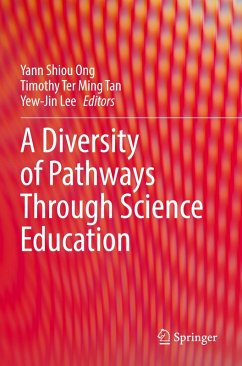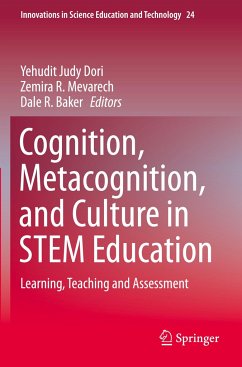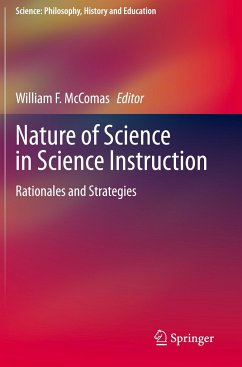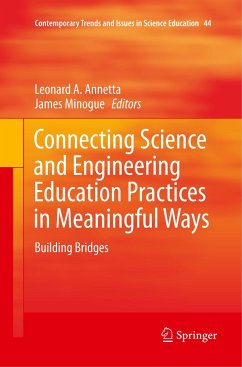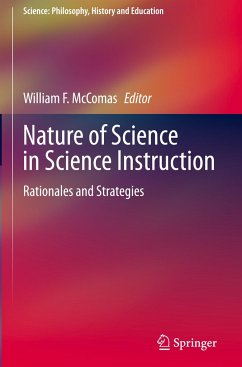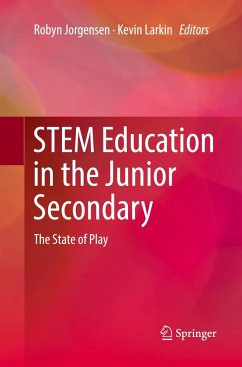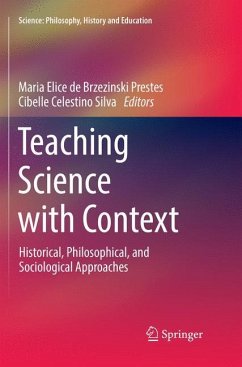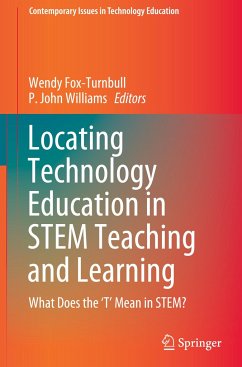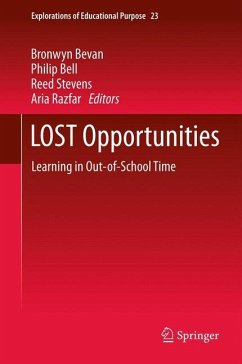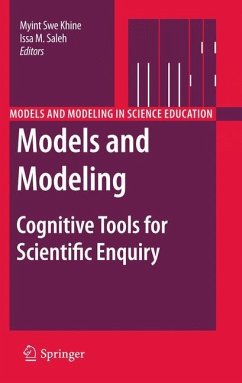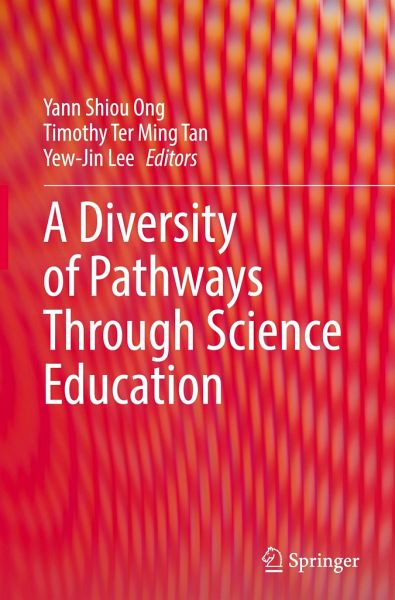
A Diversity of Pathways Through Science Education

PAYBACK Punkte
65 °P sammeln!
This book presents the work of academics who contributed their work at the International Science Education Conference (ISEC) 2021, in alignment with the conference theme '20/20 Vision for Science Education Research.' Collectively, the chapters aim to evoke intellectual dialogues on current and future trends in science education. It features chapters that are grouped thematically into three sections: Questions and Questioning in Science/STEM education, Developing Science Teaching and Assessment, and History, Philosophy, and Sociology of Science/Engineering, and Informal Learning.Through the var...
This book presents the work of academics who contributed their work at the International Science Education Conference (ISEC) 2021, in alignment with the conference theme '20/20 Vision for Science Education Research.' Collectively, the chapters aim to evoke intellectual dialogues on current and future trends in science education. It features chapters that are grouped thematically into three sections: Questions and Questioning in Science/STEM education, Developing Science Teaching and Assessment, and History, Philosophy, and Sociology of Science/Engineering, and Informal Learning.
Through the various sections, the book presents empirical studies in science and engineering classrooms or laboratories, puts forward a framework for problem-based learning, provides an account of a prominent scientist's efforts in promoting practical science through analysis of historical documents, and uncovers trends in informal science learning space research through a review of literature. Each section is introduced by a commentary with further insights and thought-provoking questions on ideas raised in the chapters. The book also includes a 'Notes to Our Future Colleagues' section in each chapter, which presents readers with a collective vision for the state of science education research in the year 2050.
Through the various sections, the book presents empirical studies in science and engineering classrooms or laboratories, puts forward a framework for problem-based learning, provides an account of a prominent scientist's efforts in promoting practical science through analysis of historical documents, and uncovers trends in informal science learning space research through a review of literature. Each section is introduced by a commentary with further insights and thought-provoking questions on ideas raised in the chapters. The book also includes a 'Notes to Our Future Colleagues' section in each chapter, which presents readers with a collective vision for the state of science education research in the year 2050.



